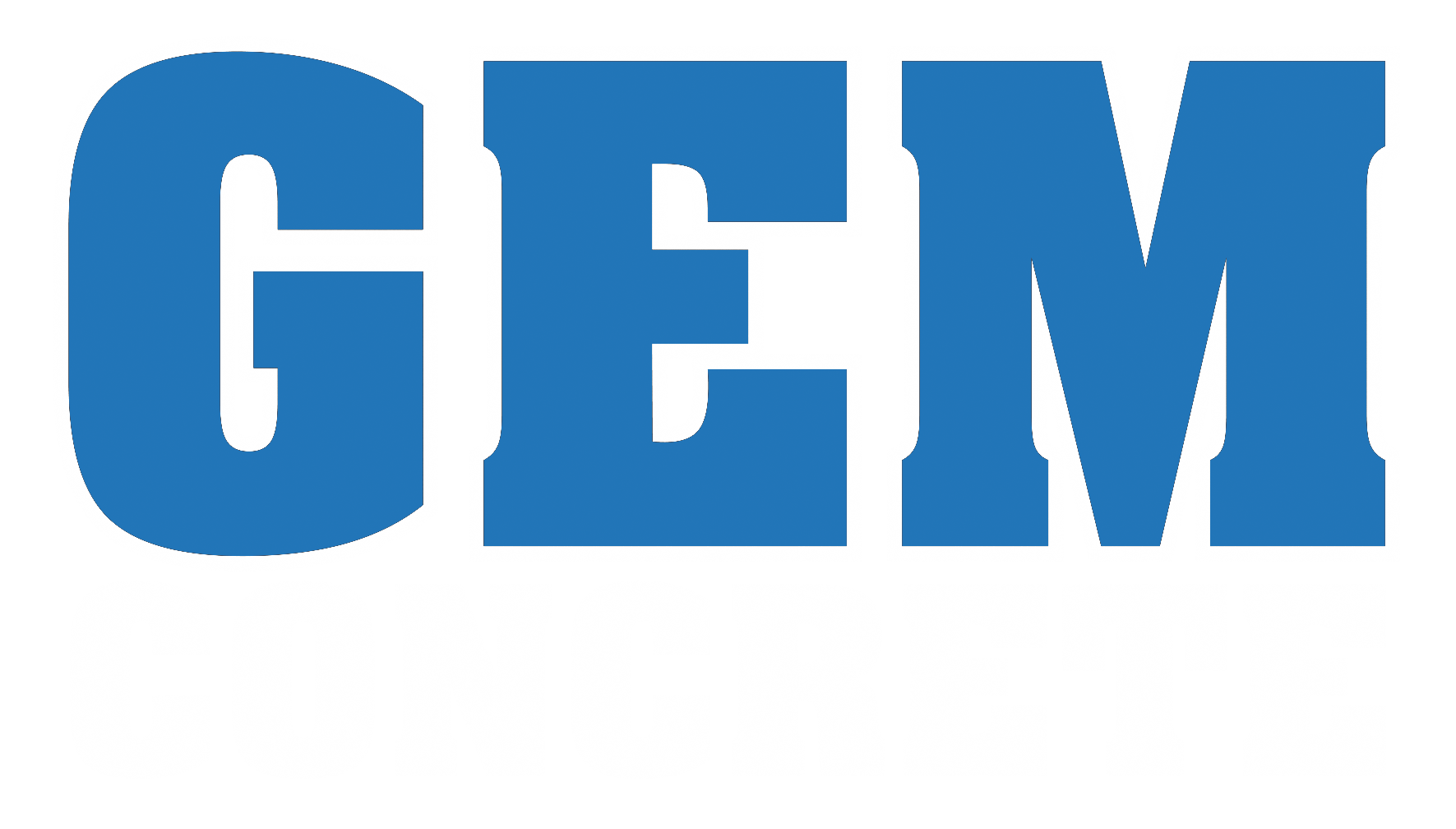A concrete driveway is more than just a practical way to access your home—it’s a feature that enhances curb appeal, adds value to your property, and provides a durable solution for daily use. But if you’re planning to install a new concrete driveway, you might wonder how long the process will take from start to finish. While there’s no one-size-fits-all answer, understanding the factors involved can help you plan accordingly.
This blog will walk you through the critical factors that impact construction time, outline the typical process of building a concrete driveway, and share how to avoid common delays. You’ll also find tips for choosing the right contractor for a seamless and timely project.
Factors That Impact Concrete Driveway Construction Time
Concrete driveway projects can vary significantly depending on several factors. Here are some of the key elements that influence how quickly your driveway can be completed:
 1. Size of the Driveway
1. Size of the Driveway
- Small Driveways: A straightforward, single-car driveway will generally take less time to construct—think 2 to 3 days.
- Large or Multi-Car Driveways: Larger driveways or circular drive designs may take longer, potentially extending the timeline to a week or more.
2. Complexity of Design
- A straight, flat driveway is fast and easy to pour. But if your design includes intricate patterns, decorative finishes, or curves, expect a longer timeline due to increased preparation and detailing.
3. Site Preparation
- A flat, level site is quicker to prepare, but if grading for drainage, tree removal, or old concrete demolition is required, these steps can add extra days to the project.
4. Weather Conditions
- Concrete work depends heavily on the weather. Rain or extreme temperatures can delay pouring and curing, slowing down the timeline.
5. Contractor Availability
- High-demand times of the year may mean longer wait times for contractor availability, which can push start dates further.
The Step-By-Step Process of Building a Concrete Driveway
Now that you know what factors impact construction time, let’s break down the process step-by-step. For a standard concrete driveway, the timeline typically ranges from 5 to 7 days.
Step 1: Initial Consultation and Design (1 Day)
Once you’ve chosen a contractor, they’ll visit your property to discuss your design, assess site conditions, and provide a detailed estimate. For most homeowners, this process takes less than a day.
Step 2: Permits and Approvals (Varies)
Depending on your location, permits may be needed before any work begins. The timeline for obtaining permits can vary, so plan ahead and check with your local authority.
Step 3: Demolition and Site Preparation (1–2 Days)
If there’s an existing driveway, it will need to be removed. The site will also be leveled, graded, and prepared with a base layer of compacted gravel for stability.
Step 4: Formwork and Reinforcement (1 Day)
Wooden or metal forms are installed to create the shape of the driveway. Reinforcement, such as steel rebar or wire mesh, is added to improve the driveway’s strength and prevent cracking.
Step 5: Pouring the Concrete (1 Day)
The concrete is poured and spread evenly across the forms. This step is often completed in a single day, depending on the size and complexity of the driveway.
Step 6: Finishing and Curing (3–7 Days)
Once poured, the concrete surface is smoothed and finished, and any decorative patterns or stains are applied. Concrete needs time to cure for optimal strength. While you can usually walk on it within 24–48 hours, it will take about 7 days to handle vehicle traffic.
Step 7: Final Inspection and Cleanup (1 Day)
After the curing period, the forms are removed, and the site is cleaned up. Your contractor will inspect the work with you to ensure it meets the agreed-upon design and quality.
Common Delays and How to Avoid Them
While the process is straightforward, there are a few common delays that could disrupt your timeline:
1. Weather Interruptions
- Solution: Check weather forecasts and schedule projects during a dry season.
 2. Permit Delays
2. Permit Delays
- Solution: Plan ahead to allow sufficient time for permits and approvals.
3. Contractor Availability
- Solution: Book your contractor well in advance, especially during busy seasons.
4. Unexpected Site Issues
- Solution: Hiring an experienced contractor ensures potential issues are identified during the initial consultation.
Tips for Choosing the Right Contractor
A reliable contractor makes all the difference in ensuring your driveway is completed on time and to a high standard. Here are some tips to help you choose the right professional:
- Research and Reviews: Look for contractors with strong reviews, testimonials, and a solid portfolio of previous work.
- Licensed and Insured: Ensure the contractor is licensed and carries insurance to cover any potential issues.
- Clear Contracts: A detailed contract outlining the scope of work, timeline, and costs will prevent misunderstandings.
- Communication: The contractor should be responsive and transparent about timelines, progress, and any potential delays.
Investing in a concrete driveway is a decision that pays off in durability, aesthetics, and long-term value for your home. By understanding the process, planning for potential delays, and choosing the right contractor, your project can progress smoothly and on time.
If you’re ready to take the next step, don’t hesitate to reach out for help. Our team of experts is ready to guide you through the process from start to finish. Contact us today for a personalized consultation!

